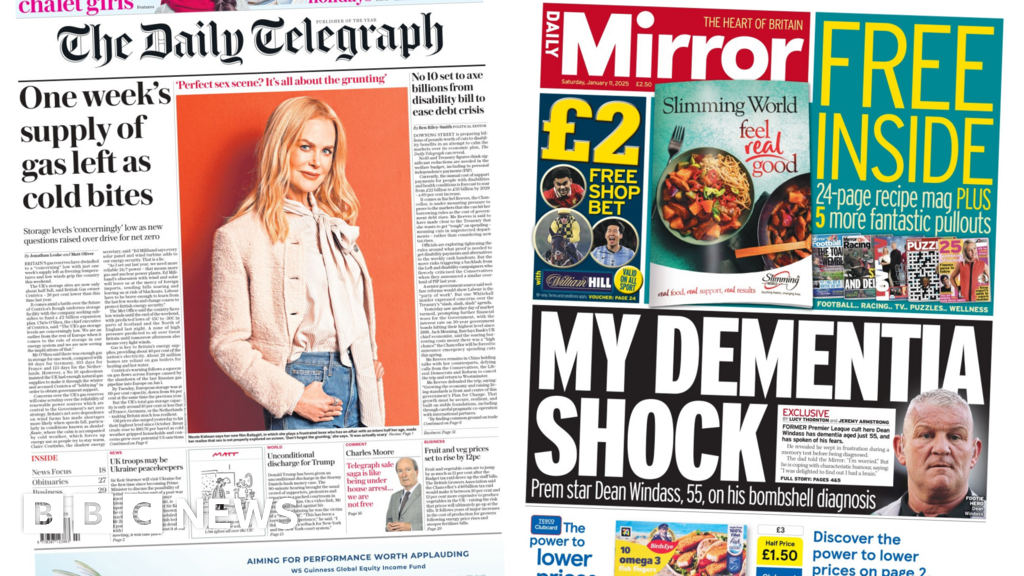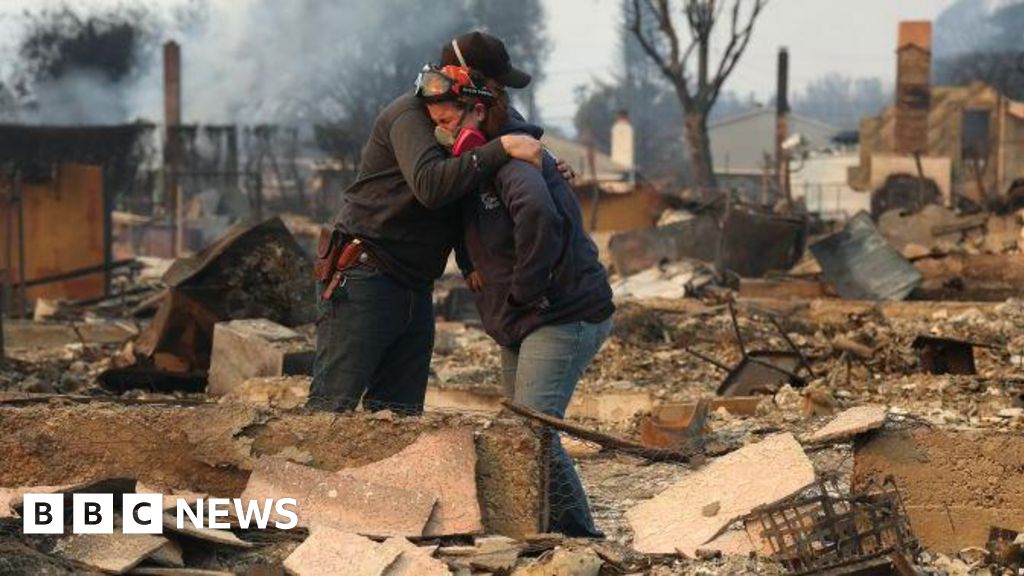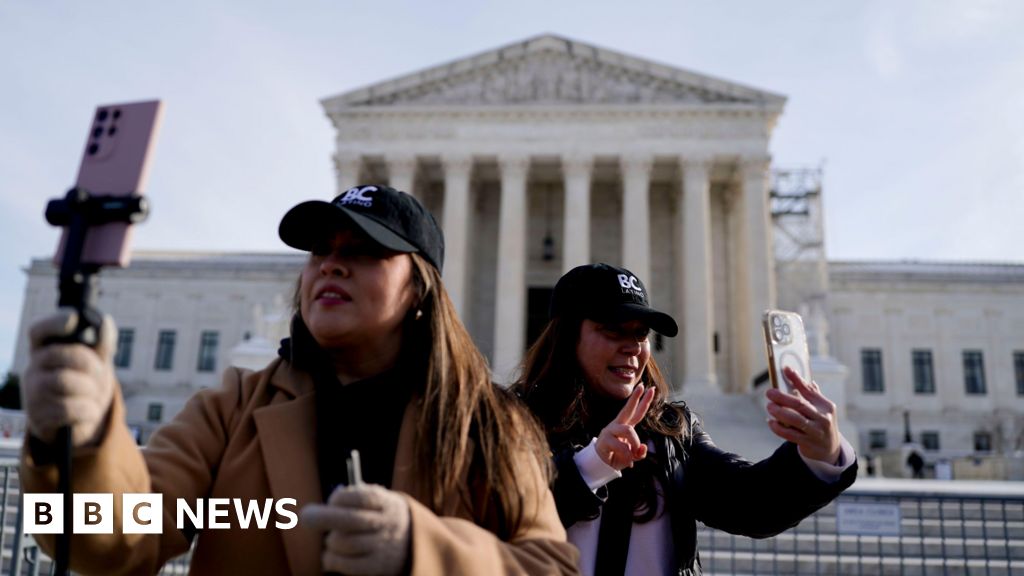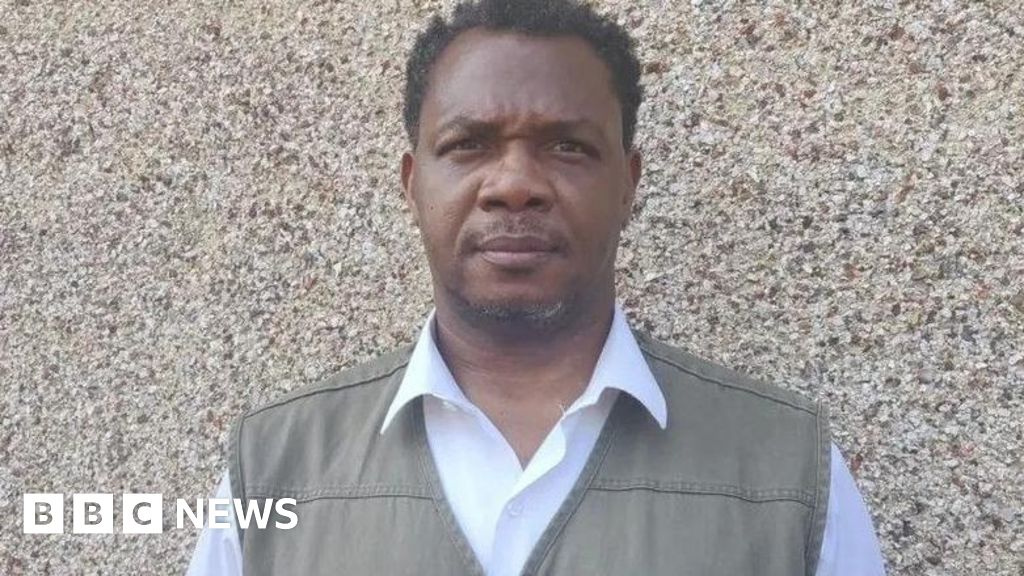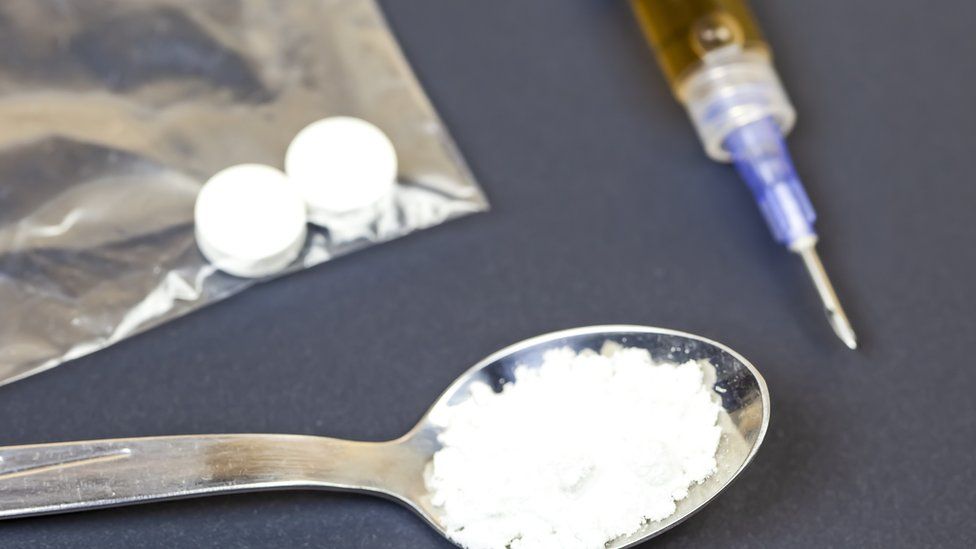 Image source, Getty Images
Image source, Getty Images
Nitazenes can be injected, inhaled or swallowed
By Alex Homer & Navtej Johal
BBC Shared Data Unit & BBC News
The UK government is behind the curve in tracking the spread of new super-strength drugs, a doctor who has treated patients has said.
More than 100 deaths have now been linked to synthetic opioids called nitazenes since the summer, according to the National Crime Agency.
Dr Mark Pucci says flawed data collection methods mean the numbers are a significant underestimate.
The drugs are stronger than heroin and fentanyl, a prolific killer in the US.
Two people recovering from heroin addictions told the BBC how they nearly died after accidentally taking the new drugs.
The government says it is highly alert to the threat of synthetic opioids and has set up a taskforce to co-ordinate its response.
Warning: This article contains descriptions of drugs use
The National Crime Agency (NCA) believes nitazenes are produced in illicit labs in China and brought into the UK through the Royal Mail and other parcel operators.
In the UK, they are mostly mixed with heroin by organised gangs.
They have also been found in samples of illegal diazepam tablets, most likely bought online.
Experts say the authorities have not acted fast enough to track non-fatal overdoses involving nitazenes.
They say tracking overdose data can show where the drugs have spread and therefore predict and prevent deaths.
But currently, there is no national system.
Overdose figures are gathered by government from local services and are based on tests of seized drugs or samples from other users believed to have bought from the same batch.
Those records, obtained through a Freedom of Information request, suggest there were four non-fatal nitazene overdoses across the West Midlands in the last six months of 2023.
Dr Mark Pucci treated the first patient in the UK for an overdose linked to nitazenes
Consultant in clinical toxicology Dr Mark Pucci, who works in Birmingham and Sandwell, believes those figures under-report the issue.
They were among 19 people whose blood or urine contained the drugs. None of the patients knew beforehand they had taken them.
Dr Pucci said: "I believe there are very few NHS labs around the country that are set up to test for nitazenes.
"I do believe England is behind the curve on this matter and is now playing catch up. The data collection method they are using in terms of testing drug paraphernalia is only ever going to be the tip of the iceberg."
Most recent figures put the death toll linked to nitazenes across the UK at 101 people - seventy-six of them in England. At least a further 49 cases await further testing.
BBC News spoke to Matt, who has been receiving help with addiction from the charity Change Grow Live for 16 years.
He previously spent up to £1,000 a day on heroin and crack cocaine which he funded through crime.
When Matt bought what he thought was heroin last August, he could "feel himself going over [overdosing]" and called 999 for help.
He woke up in hospital with a tube down his throat, a catheter fitted and wearing a heart monitor.
"It scared the daylights out of me," he said.
He had flatlined on the way to hospital and was technically dead for seconds before shocks from a defibrillator brought him back.
"I was in hospital for five days and it was the worst feeling I've ever had," he said.
He now has tissue damage in his brain and has suffered pain around his kidneys for the past six months. Tests of some leftover drugs proved the link to nitazenes.
The experience has encouraged Matt, aged 30, to stay off drugs and he is back in work as a plant operator.
"I have taken so much out of the community on my journey and I want to give something back.
"Nitazenes are not going to be stopped until we get this word out. People are going to die."
Sarah has been taking heroin since the age of 15 and is now 43.
She took nitazenes unwittingly last summer when she bought some bags from her regular dealer.
Sarah, who was taking up to 10 bags of heroin a day, later found out someone she knew who bought from the same batch of drugs had overdosed and died.
She has not taken heroin since.
"It's been four or five months and I still feel ill," she said. "The withdrawal makes you feel suicidal. You can't move off the bed.
"They need to stop it from coming in to the country."
Dr Judith Yates said the government "had not until recently thought it needed to do...central monitoring, itself"
Dr Judith Yates, who collates data about drug deaths in Birmingham, said advice to government to track drugs spread by focussing more on non-fatal overdoses had not been followed.
She said: "People seem to think it is OK to share information in darkened rooms, but are frightened of telling those people whose lives are at risk."
The European Monitoring Centre for Drugs and Drug Addiction told the BBC tracking non-fatal overdoses was "definitely one of the key data to consider".
One reason thought to be behind the emergence of nitazenes is the ban of harvesting opium poppies in Afghanistan.
Charles Yates, the National Crime Agency's deputy director, says while there are "significant reserves" of heroin in the UK, the purity at street-level has continued to decline long-term.
Deputy director Charles Yates said the NCA worked with police to bring down dark net markets
The number of deaths involving nitazenes was "likely... under-represented", in part due to "information gaps" within the UK drugs market, he added.
All areas had forensic testing facilities, but nitazenes remained hard to identify because of their novelty, he said.
Charlie Mack is the chief executive of the charity Cranstoun, which works with young people with drug problems. He has called for a co-ordinated, national response.
He said: "We fear that now that these types of drugs are in the UK, it will only continue and become more prevalent.
"We only need to look to the US where synthetic opioids are one of the biggest killers of under 50s. We cannot let that happen here."
The Department of Health and Social Care said it had a surveillance system about new trends in the drugs market, and it hoped to add more information from ambulance call-outs and hospital admissions.
It is consulting on a legal change so more professionals can give out take-home supplies of naloxone - a medicine that reverses the effects of opioid overdose.
It also hopes to harness new technology to prevent drug deaths, with 12 projects awarded a share of £5m funding to develop ideas.
On Wednesday, fifteen synthetic opioids including 14 nitazenes became Class A drugs under the Misuse of Drugs Act. It follows a government announcement in February last year.
Those caught in the supply and production of these drugs could face up to life in prison, the Home Office said, while those caught in possession could face up to seven years.
Home Secretary James Cleverly said: "Placing these toxic drugs under the strictest controls sends a clear message that the consequences for peddling them will be severe."
Additional data journalism: Paul Bradshaw
If you have been affected by the issues raised in this story help and support is available via the BBC Action Line
BBC News agreed not to use Sarah's real name
 (1).png)
 9 months ago
12
9 months ago
12
